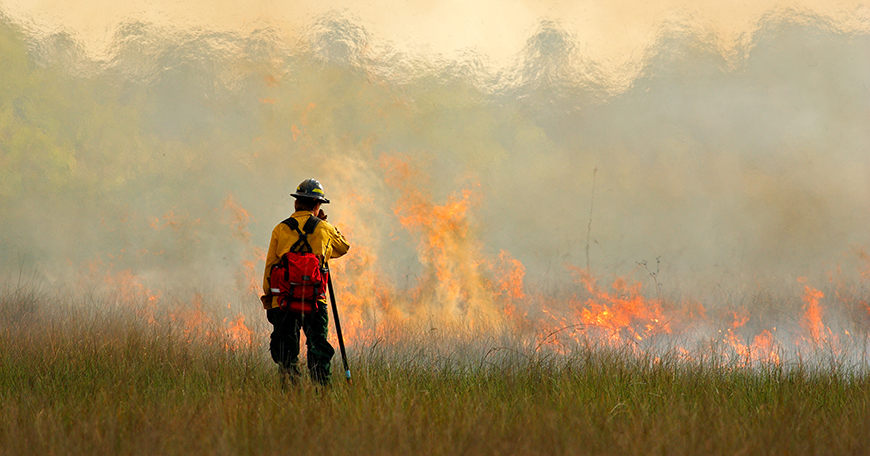
The past several years have taken a toll on many residents of Northern California. The anxiety surrounding fire season, the stress of evacuations, the impact of the smoke, the destruction, and learning how to navigate this during a pandemic have left many people with mental health concerns. Being based in Sonoma County and serving patients throughout Sonoma, Marin, Lake, and Mendocino Counties, we see firsthand how our community is affected by this trauma. (Read more about The Impact of Wildfires During a Pandemic on Mental Health). We are incredibly grateful for the first responders who help protect the lives and homes of our neighbors while being on the frontline to keep us safe.
With a growing wildfire season, our firefighters have been working tirelessly to prevent the spread of wildfires. This prolonged exposure to stress, physical strain, trauma, and exhaustion can negatively impact overall mental health. If you are a first responder, know that you are not alone in struggles with mental health or substance use; we are here to help.
Substance Use Disorders With Firefighters
While emergency responders like firefighters know the importance of mental health, it is difficult for those used to helping others seek treatment. Additionally, prolonged exposure to stress, irregular sleep cycles, and the high risk of injury makes firefighters vulnerable to opioid addiction.
The extreme nature of the profession means that for many, they will have painkillers prescribed to help recovery from an injury. While opioid medications can alleviate pain in the short term, access to prescription drugs without appropriate care is one of the key reasons people form a dependency on the drugs. The following physical, emotional, and behavioral changes may indicate a substance use issue:
- Constricted pupils, flushed skin, weight loss, slowed thinking, slurred speech, etc.
- Loss of interest, mood swings, impulsivity, anxiety, lapses in memory, etc.
- Risky behaviors, trying to borrow medicines, needing assistance with basic tasks, etc.
Mental health and substance use disorders may seem impossible to deal with when it feels like the world is relying on you; however, compassionate and local options are available to address opioid addiction and co-occurring disorders.
Positive Mental Health
It is important to note that various aspects of the firefighting profession positively contribute to behavioral, physical, and emotional resilience, including:
- Meaningful and important work
- Positive relationships with coworkers
- Liveable wages and benefits
Taking the time to engage and communicate with others on how you are feeling as well as focusing on getting adequate sleep, proper nutrition, physical exercise, and active relaxation all support positive mental health.
Our communities, including first responders, have been struggling with the opioid epidemic for a long time. The COVID-19 pandemic and wildfires have only added fuel to this growing problem. If you or someone you know is struggling with opioid addiction, please get in touch with us at Project Hope today.

